The Cooperativ e Children’s Book Center (CCBC) at the University of Wisconsin at Madison collects data on the number of children’s books about people of color that are published every year. In 1985, the Center found that of the 2,500 books published for children or teens that year, 18 were authored by African Americans.
e Children’s Book Center (CCBC) at the University of Wisconsin at Madison collects data on the number of children’s books about people of color that are published every year. In 1985, the Center found that of the 2,500 books published for children or teens that year, 18 were authored by African Americans.
The numbers have improved. In 2014, there were about 5,000 books published for this age group. The Center found that 84 were written by African Americans and 180 were about African Americans. While signficant progress has been achieved since 1985, today less than 4 percent of children’s books are about African American subjects. Blacks make up about 14 percent of the U.S. population in the age group for children’s and teen books.
“We’ve seen the same old story year after year,” says CCBC Director Kathleen T. Horning. “If the numbers rise one year, they’re likely to fall back the next year. It’s as if there has been a glass ceiling when it comes to diversity in children’s books. The numbers have stagnated throughout most of my career here.”
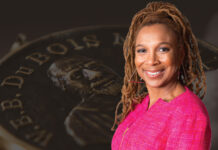

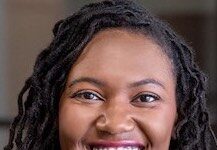
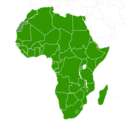
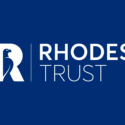

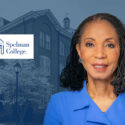




As an African American, it’s sadly enough. We have to go through this. The CCBC leaders need to change the way they do business. Something should not be ignore. I also, think the CCBC need to see people as what they can do and try to accomplish. It’s time to bridge the gap and move beyond this. That’s my concern!
The findings from the CCBC study is not surprising in any capacity based upon the type of empirically dominant White society in which we live. We have to be mindful in who controls the publishing houses in this country and the particular narrative, paradigm, and mythology they want to continue for their coethincs for time in memoriam. As the old saying goes, “the victor always tells his story”.
It’s 2015 and it’s time for the Black community to pool their intellectual brain power, business acumen, and entrepreneurial spirit and create their own publishing house if they truly want to have children books( or any other for that fact). In other words as Malcolm X stated, ‘Don’t expect the man to do for you for what you’re not doing for yourself”.
On target and well said. You identified the problem AND the solution.
I recently wrote and published two children’s books with
African-American characters. One was published in 2013 and the second
one came out in 2014. I’m sure I’m not the only
Black person who has self-published children’s books
with African American characters. The problem
is in marketing. My books are BREENA AND THE
BABY ELEPHANT and ANYTHING FOR THANKSGIVING?.
Both are available on Amazon and the publisher’s site XLIBRIS. Com
I think that it’s wonderful that you have written two books ! There is a really terrific group,
Have you tried Brown Sugar and Spice, to see if they would pick up your book for sales ? Alternatively, I would present to a local school of business to see if some of the marketing students and their professor could pick up marketing your book as a project, or, would take some marketing courses at a local community college to help yourself more directly. And of course you should contact that group in Wisconsin directly !!!
Did you notice that more than half the books published about people of color were not
authored by a person of color. It would also be interesting to know the number of volumes published for each author. Publishers only publish large runs of well known authors.
I agree we need an outlet to better tell our story.
As an author of children’s books and presently collaborating to create an animated movie from my first book there could writers that that are published but do not go the usual route for publishing because of the “phantom book sellers” that take your property and put it on line, sell your books and you not getting compensated. Then there are some companies with big names that sell your book that you have determined to worth a certain amount and you look on line and see your book is being sold from 2.98 to over one hundred dollars. If I sell my book, I sell directly to local bookstores. Coota and the Magic Quilt and Coota and the Challenge are the names of my books and I am working on finishing the third Coota book. Google my name to contact or email me. Keep writing until we get this right.
There are several Black women scholars at all ranks around the nation whose research specifically focuses on this issue: Violet Harris @ UIUC, Wanda Brooks @ Temple, Jonda McNair @ Clemson, just to name a few. Rudine Sims Bishop’s book, “Free Within Themselves,” tells the story of African American children’s literature.
I support the work KT Horning and the CCBC does. Documenting the diversity gap in children’s literature isn’t problematic. The gap itself is the problem.